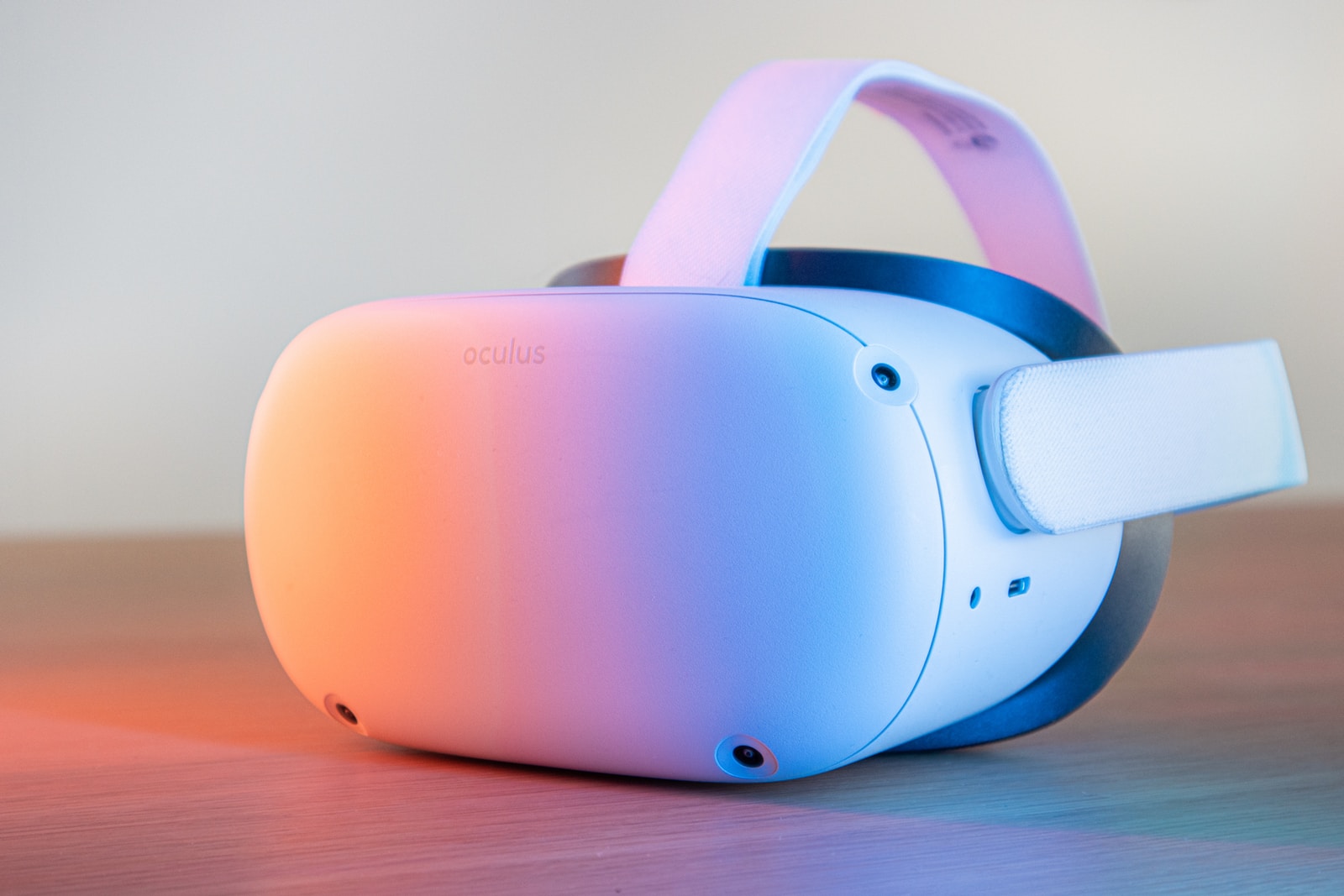VR Resurrects Freddie Mercury

Freddie Mercury has been my music idol for as long as I can remember. The hysteria that ensued upon realizing I would never be able to meet him, or see him perform live, is one of my most vivid childhood memories. But now, thanks to virtual reality (VR), my ten-year-old dream may be a (virtual) reality.
Last year Enosis VR and Queen partnered to create a 360-degree virtual reality video of Bohemian Rhapsody available on Google Play. “The interactive app uses 2D and 3D animations combined with motion-captured ballet dancers to immerse the viewer in the late Freddie Mercury’s ‘subconscious mind’.”
Although immersive technology has been used in the music industry for some time, it was primarily used as a marketing tool. Now, virtual reality devices are serving as a revenue stream in their own right.
The global entertainment and booking company, Live Nation, for example, announced a partnership with the VR production company NextVR. Together they plan release up to ten virtual reality concerts featuring some of the world’s top musical talent.
Live Nation is also allowing fans to “go backstage” with artists as they prepare for their performances and has partnered with Hulu to create “OnStage,” a collection of 8-10 minute long immersive experiences of musicians and their performances. The first of these videos premiered this January and starred rapper Lil Wayne.
This integration of VR and concerts is a strategic move, tapping into two high-growth industries. For one, virtual reality revenues are expected to reach $7.17 billion by the end of 2017 – and total $75 billion by 2021, according to Greenlight Insights.
Similarly, with revenue from online music streaming sites surpassing physical music sales for the first time in 2016, concerts are expected to continue being a primary source of revenue for most musicians. This is especially true since online music streaming sites like YouTube and Pandora have made consumers accustomed to accessing the latest hits without paying a dime. Live shows, on the other hand, remain in-demand despite their higher price tag.
Many music industry officials believe embedding VR into the concert experience will not detract from their popularity, however. Harrison Weiss, Director of Marketing and Business Development at Vantage, asserts: “We expect VR live events to be additive to, and not cannibalizing, industry revenues. VR can’t replace the magic of attending live events, at least not yet. So it should be about striving to provide valuable experiences to users in different ways.”
Some, however, disagree. They believe VR could upset in-person concert attendance because, not only could VR concert videos be just as immersive as the real thing, they may offer a better experience than attending in-person. After all, “with arrays of cameras that can capture 360-degree images from a number of vantage points – including on stage – a VR live concert could be an even more thrilling experience than being there in person.” The popularization of home televisions sparked similar fears — namely, that their pervasiveness would draw audiences away from theaters. Some segments of the theater industry responded, however, by offering a premium experience that viewers “can’t really create with a laptop or a huge TV screen.”
Although it is unclear whether VR stands to replace in-person concert experiences, it is evident consumers want the option of attending these venues virtually. The Consumer Technology Association (CTA) found that “the most popular suggestions from consumers interviewed for VR content include lifestyle activities such as concerts.”
Just as more effective home theater television encouraged movie theaters to up their game, so too may VR induce concert promoters and musicians to find new and innovative ways to ‘sell the scarcity’ of the in-person experience. Either way, there’s never been a better time to be a concert enthusiast.








